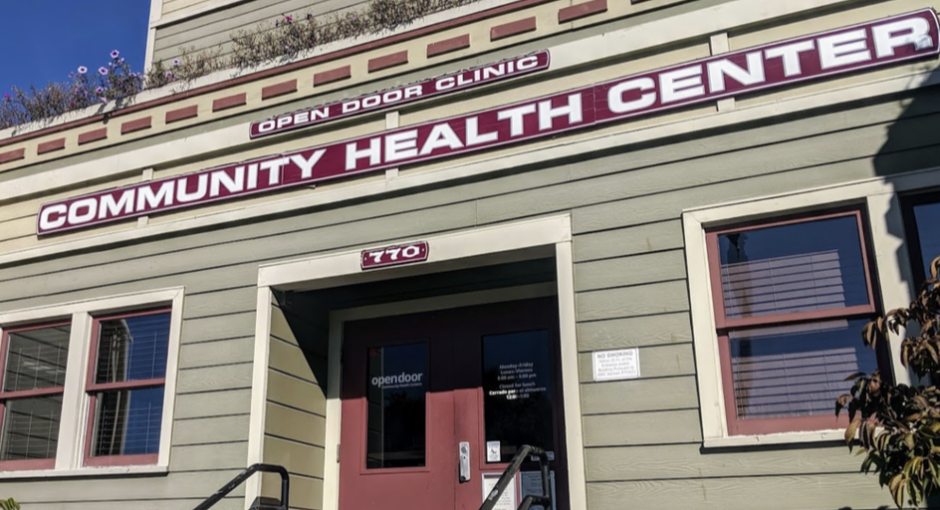The National Association of Community Health Centers (NACHC) last night on its members’ behalf asked a new federal 340B program administrative dispute resolution (ADR) panel to order drug manufacturers Eli Lilly and Co., Sanofi, and AstraZeneca to lift all “qualifications, limitations, conditions, or restrictions” on its members’ ability to buy drugs at 340B prices through contract pharmacy arrangements.
Attorneys for a federally qualified health center in Northern California separately submitted a petition against AstraZeneca over its denial of 340B pricing on drugs shipped to the health center’s contract pharmacies.
The petitions might be the first filed under the U.S. Health Resources and Services Administration’s (HRSA) 340B ADR system. Yesterday was the first day that covered entities could file claims against manufacturers, and vice versa.
We asked HRSA this morning how many claims were filed yesterday, by and against whom, and if the petitions would be made available to the public. HRSA said in an email message: “All publicly available information regarding the 340B ADR Process has been posted on HRSA’s Office of Pharmacy Affairs webpage here: https://www.hrsa.gov/opa/index.html. When more information is made available, updates will be made.”
NACHC Petition
NACHC’s petition said the three manufacturers actions “constitute unlawful overcharging and a clear violation” of both the 340B statute and companies’ pharmaceutical pricing agreements (PPAs) with the government. It said “drug manufacturers cannot impose their own unilateral conditions or restrictions” on the statutory and PPA requirement that manufacturers “offer each covered entity covered outpatient drugs for purchase at or below the applicable ceiling price if such drug is made available to any other purchaser at any price.”
NACHC said the U.S. Health and Human Services Department (HHS) “has long recognized that [federally qualified health centers] FQHCs are statutorily afforded the flexibility to provide pharmacy services to their patients through contractual arrangements with private pharmacies, instead of—or in addition to—doing so through an in-house pharmacy owned by the health center.”
It said “the drug manufacturers have acted strikingly similarly, if not in concert, to limit the FQHC covered entities’ ability to purchase drugs at 340B pricing when those drugs will be dispensed to eligible FQHC patients via contracted pharmacies.”
“For more than 20 years—from 1996 until mid-2020 when the prohibited overcharging activity leading to this petition began—drug manufacturers, either directly or through wholesale distributors, have shipped FQHC-purchased covered outpatient drugs to FQHCs’ contract pharmacies, i.e. third-party pharmacies with which FQHCs contract to dispense drugs to FQHC patients,” NACHC said. “All but a handful of the hundreds of manufacturers participating in the 340B Program under PPAs continue to do so.”
NACHC said HHS’s position in its Dec. 30 legal advisory opinion that manufacturers must offer 340B ceiling prices to covered entities that use contract pharmacies “is not novel; it reiterates the longstanding and well-settled concept that covered entities, including FQHCs, have the common law right to contract with third-parties to provide services on their behalf, as HHS recognized in 1996, reiterated in 2010, and reaffirmed in the 2020 Advisory Opinion.” Numerous members of Congress, it said, support this reasoning.
Lilly’s restrictions on FQHCs’ ability to buy covered outpatient drugs at 340B pricing is “exactly the sort of ‘knowing and intentional’ overcharging HHS called out in its [340B program] civil monetary penalty regulations,” NACHC said. So too are Sanofi and AstraZeneca’s overcharges, it said.
“The drug manufacturers’ ongoing and unlawful overcharging activities have caused and will continue to cause significant financial and other harms to the FQHC covered entities—and their patients—so long as the manufacturers’ limitations on the entities’ purchases continue,” NACHC said.
Open Door Community Health Petition
Powers Law (a 340B Report sponsor) yesterday submitted a 340B dispute resolution petition “on behalf of our client Open Door Community Health, a federally qualified health center located in Northern California,” Powers partner Peggy Tighe said.
“Our client seeks damages against AstraZeneca for overcharges that occurred when the company began withholding 340B discounts on drugs dispensed by Open Door’s contract pharmacies in violation of the 340B statute,” Tighe said. “Our filing demonstrates that AstraZeneca has violated the 340B statute and regulations by failing to offer covered outpatient drugs at the 340B ceiling price through Open Door’s contract pharmacy arrangements. We ask the agency to order AstraZeneca to resume offering covered outpatient drugs at the 340B ceiling price to Open Door through its contract pharmacies and to pay Open Door the 340B discounts that it has failed to provide since October 1, 2020.”


